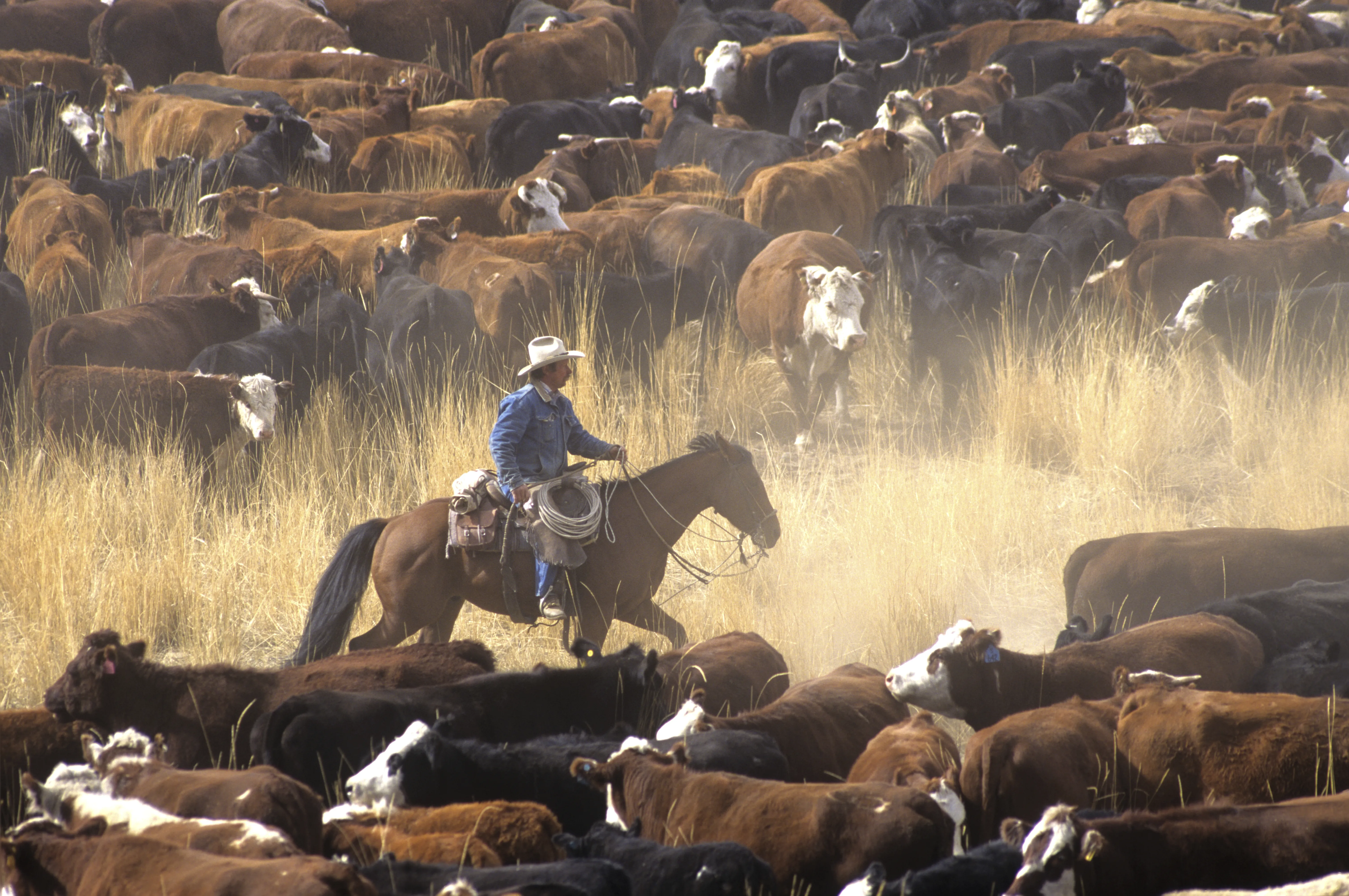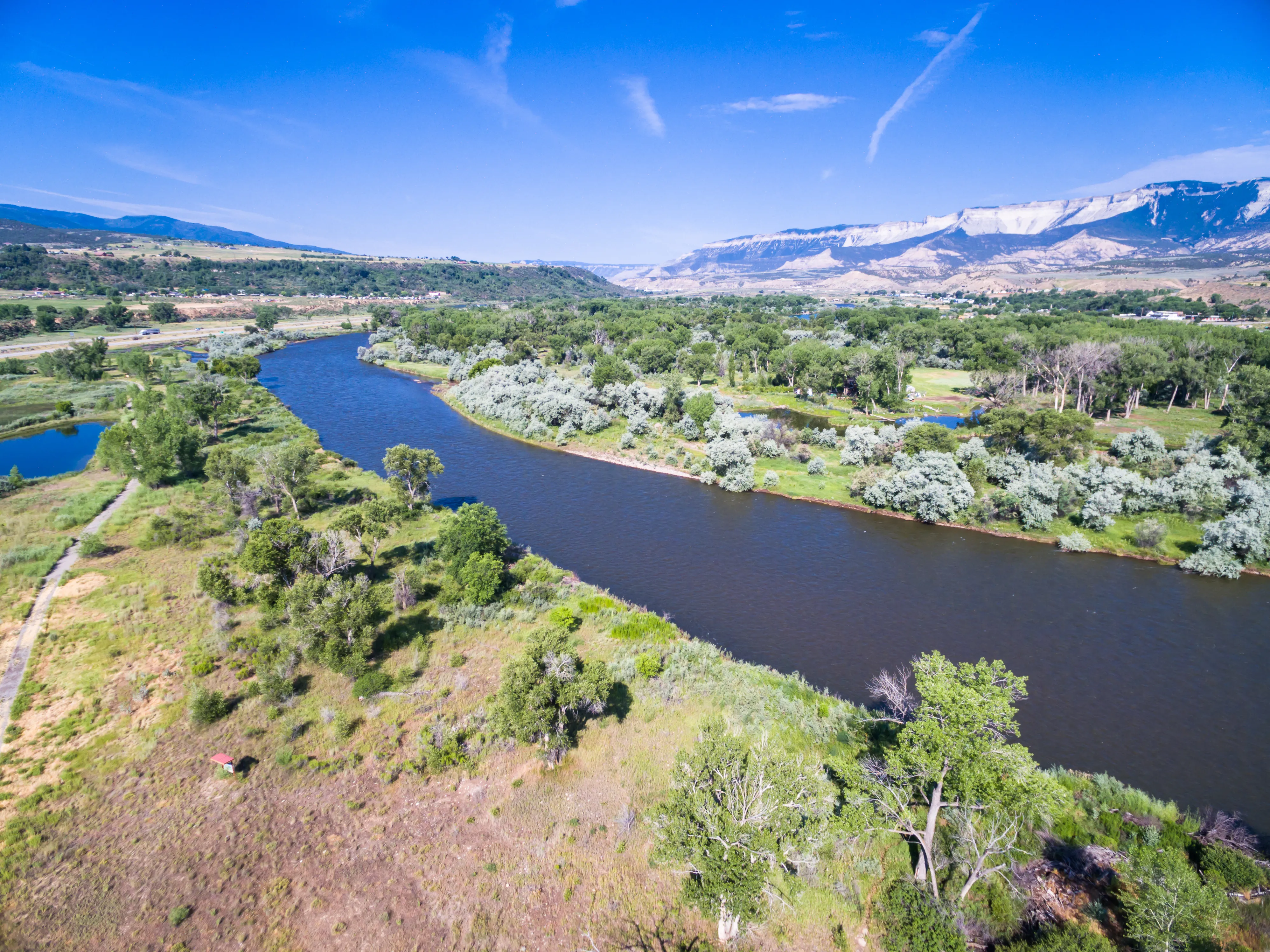
University camp helps kids of migrant families explore STEM options
Click play to listen to this article.
(Arizona News Connection) A summer program at Arizona State University is introducing children of migrant families to the opportunities of a college education.
The Migratory Student Summer Academy is an enrichment program for the high school-aged children of Arizona's seasonal farmworkers. The program focuses on leadership and instruction in science, technology, engineering and math, fields collectively known as "STEM."
Gilberto Lopez, assistant professor of transborder studies at Arizona State University and co-director of the program, said they host 80 teens for leadership workshops, hands-on classroom instruction and sociocultural enrichment in a camp setting.

© iStock
"This is a group that has been historically at the margins in education," Lopez explained. "They either move around through the harvest season, so they don't have this continuity of education, so they fall through the crack in the education system."
Lopez noted the program has special meaning to him, growing up as the son of a farmworker. During their week on campus, students are introduced to STEM subjects in the university's labs. He pointed out they also receive instruction on how to navigate college entrance requirements.
Lopez emphasized it is important for the students to meet people like themselves who have succeeded in the STEM fields and in life. This year's speaker was former NASA astronaut Jose Hernandez, who grew up in a migrant farming family from Mexico and spent much of his childhood picking fruit.
"Jose Hernandez came this year. So, we have a closing ceremony where we have the awards and all that," Lopez recounted. "We try to bring in a guest speaker who 'made it.'"
Lopez, a Harvard-educated professor, added he is gratified, four years in, the program is beginning to see positive results from its work.
"We started to see the results of this program," Lopez observed. "These kids are starting to come in, starting to apply to college. I don't have the numbers of what percentage go on to college but we are starting to see them here at ASU."















